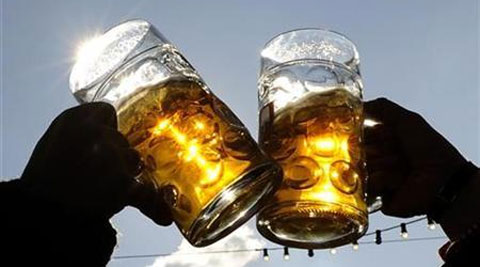
Guwahati, Jun 24 : In the results of JEE (Advanced) 2014, a total of 1,582 candidates (1,457 boys and 125 girls), out of the 10,053 registered from the IIT Guwahati Zone, have qualified. They include 191 from the north-eastern States except Tripura; 1,338 from Bihar, 41 from Siliguri, and 12 from Dubai, UAE.Prem Anand emerged as topper in the IIT Guwahati Zone, securing 260 out of 360, an IIT-G...













